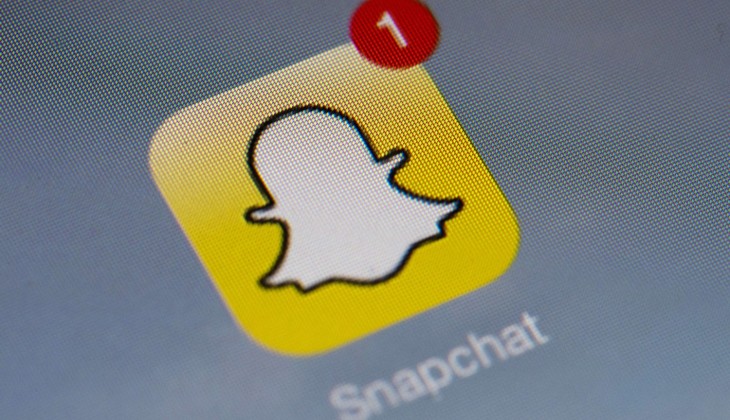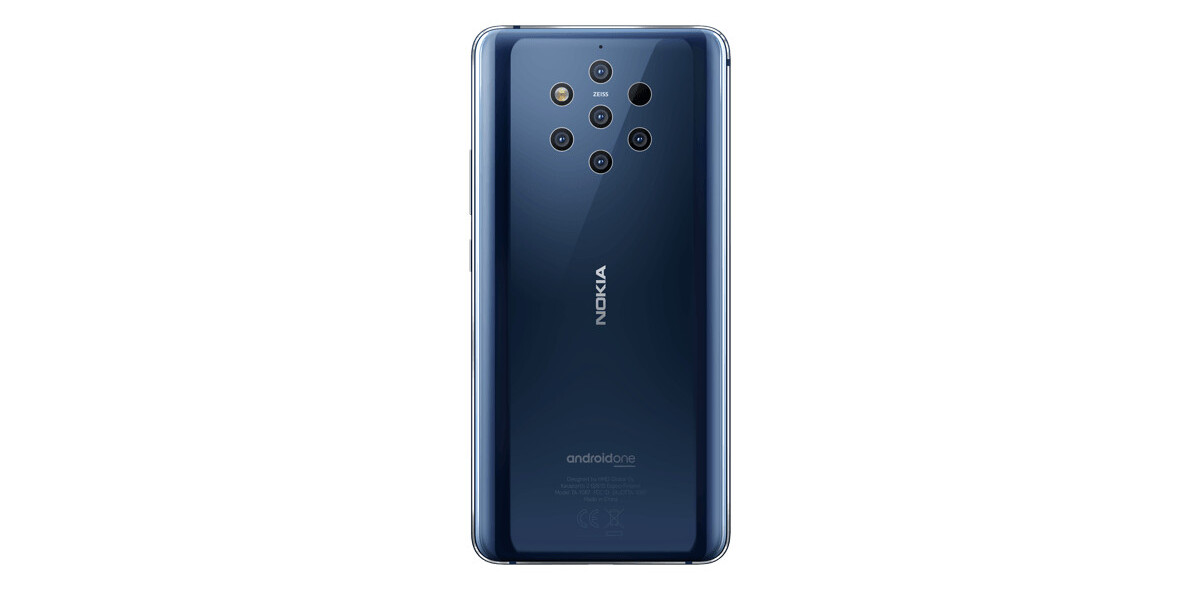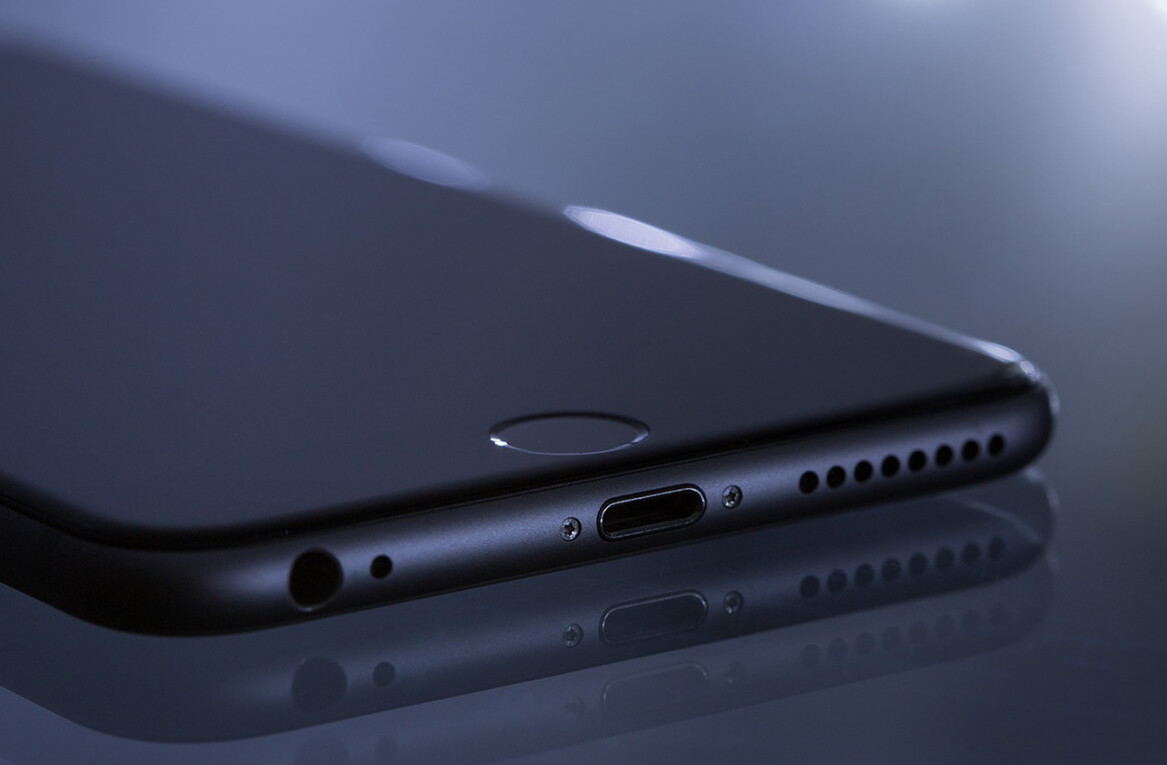
If you thought Rakuten buying Viber for $900 million was a sign that messaging is the killer app, Facebook’s decision to plonk down as much as $19 billion for WhatsApp has pretty much confirmed it. Yet, despite two big deals in quick succession, the chances of another blockbuster chat app acquisition any time soon are slim.
That’s because — Viber and WhatsApp aside — the rest of the field comprises of service that are either run by huge Internet companies, or are messaging apps with smaller userbases which, right now at least, don’t have the global reach to command a billion dollar price tag.
Let’s take a look at the top messaging players:
WhatsApp: 450 million monthly active users
- In the process of being bought by Facebook for up to $19 billion.
Viber: 350 million registered users, over 100 million monthly active users
- In the process of being bought by Rakuten for $900 million.
WeChat: 272 million monthly active users
- Owned by Tencent, which is one of the largest Internet companies in the world — with a market cap of $135 billion — and is busy forging a global expansion.
Line: 350 million registered users
- Owned by NHN Japan, the Japanese branch of one of Korea’s top Internet companies. Line is reportedly mulling an overseas listing at a valuation of more than $10 billion and is busy growing its global presence.
- It is already generating significant income, but is (almost certainly) incurring significant losses due to the cost of global marketing and business development initiatives.
Kakao Talk: over 100 million registered users
- Preparing to go public in Korea, the latest rumors suggest its IPO would value it at $2 billion. Kakao Talk has a smaller global footprint, and counts Tencent as an investor.
Kik: 130 million registered users
- Kik has been around since 2010, and is now focused on enabling a mobile Web platform using its chat-app-plus-mobile-browser approach.
- It counts half of its 130 million user base in the US, is probably not big enough at this point to justify a huge price, despite impressive traction among youngsters in the US.
Tango: 150 million registered users
- Last year, Tango became the first US-based messaging service to introduce an Asia-style platform — it offers games, music and more — but it is unclear how that approach is working in North America.
- Tango’s active user figure is unknown, though a basic assumption of 33 percent gives it 50 million active users, which probably wouldn’t fetch a huge price tag.
- Tango may be one the most acquirable of the remaining messaging apps, particularly if its platform approach takes off in North America, but it doesn’t have the reach of Viber or WhatsApp.
Nimbuzz: 150 million registered users
- Nimbuzz relocated from Amsterdam to India in 2012 to focus on the South Asian country.
- It offers a range of services — including international calling, games and commerce — though it is unclear how relevant the service is outside of India, and thus how much value it would provide a major Internet company like Google. Likewise, active user numbers are unknown.
Hike: 15 million registered users
- Launched in late 2012, Hike is a relative latecomer that is also focused on India. It just announced 15 million registered users.
- An overwhelmingly 90 percent of sign-ups are in India, with the rest concentrated on Germany and the Middle East. Like Nimbuzz, it’s not clear that Hike would appeal to global companies, nor how many users are active on the service.
MessageMe: over 5 million registered users
- A US-based app that launched in 2013. It quickly racked up 5 million users, and goes beyond WhatsApp’s offering with drawing, calling and other features.
- MessageMe was linked with an acquisition by Twitter, with a view to ramping up its DM service, although a deal has not materialized.
- It doesn’t have global reach, so wouldn’t justify a big price, but might be an interesting acqui-hire play for a company keen to develop its own service.
BBM: 80 million monthly active users
- BlackBerry claims 80 million monthly active users — the figure was taken right after its iOS and Android apps launched, so it may have declined since.
- The Canadian company is rebuilding but has so far resisted the temptation to spin BBM out into its own entity, something that might help it grow at a faster rate.
- BBM has lost its dominance in many emerging markets, and the WhatsApp-Facebook deal shows what it could have been had BlackBerry not resisted making it available for iOS and Android until last year.
There is one possible exception, although it isn’t a conventional mobile messaging app….
Snapchat: user numbers unknown (estimated at 50 million registered users)
- A different kind of messaging service to the others — since it deals exclusively with images that disappear — SnapChat is famous for snubbing a $3 billion dollar deal with Facebook.
- It’s not clear where its relationship with Facebook stands following the WhatsApp deal, but we do know that Snapchat’s founders are happy to go solo and have grand plans to develop the service as a platform.
- It still doesn’t have genuine global reach, but has hit a sweetspot among young people in the US.
Related: WhatsApp is hugely popular, but it doesn’t dominate the world quite like you might think
Headline image via Shutterstock, Line, Tango and LIONEL BONAVENTURE/AFP/Getty Images
Get the TNW newsletter
Get the most important tech news in your inbox each week.







